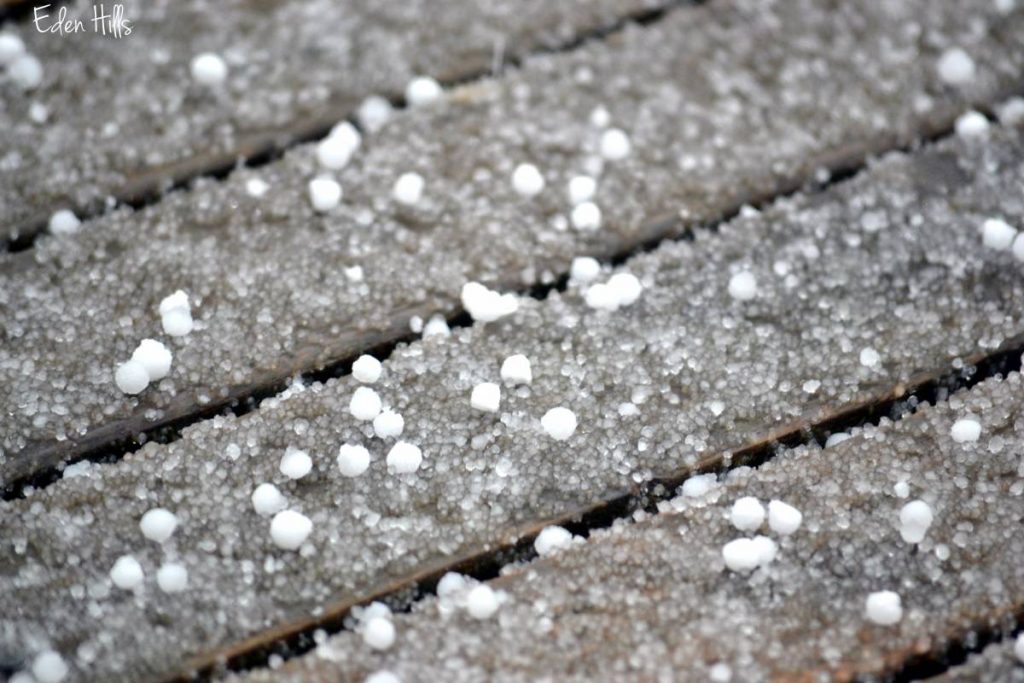Winter can be a beautiful season, but it also brings with it the challenge of icy roads and sidewalks. To combat this slippery hazard, many people turn to salt as their go-to solution. But not all salts are created equal when it comes to melting ice. In fact, there’s a debate over which is better: rock salt or table salt? So, why exactly are salts used in melting ice? Let’s hear it from the experts of https://ninjadeicer.com/.
The answer lies in the science behind freezing and melting. When water freezes, its molecules slow down and begin to form a solid surface. This process occurs at the freezing point of water, which is 32 degrees Fahrenheit (0 degrees Celsius). To melt ice, heat must be added to raise the temperature of the frozen water above this point. However, salt can actually lower the freezing point of water by dissolving into it and disrupting the formation of solid surfaces.
This means that when salt is spread onto icy roads or sidewalks, it lowers the freezing point of any standing water or snow, making it more difficult for them to refreeze and creating an easier path for them to turn back into liquid form.
While both rock salt and table salt have the ability to melt ice, rock salt is typically preferred due to its coarser texture and faster melting capabilities. So next time you’re faced with slippery conditions, remember that adding salt can make all the difference!
Why Does Salt Melt Ice?
It turns out that salt doesn’t actually melt ice, but rather lowers its freezing point. This phenomenon is known as freezing point depression and it’s a fascinating concept in chemistry. In this article, we’ll explore why salt melts ice by diving into the science behind freezing point depression.
When we think of ice, we often associate it with cold temperatures and freezing. However, when salt is added to the mix, things become a bit more complex. This is because salt molecules disrupt the structure of the water molecules in ice, making it harder for them to form solid ice crystals.
Understanding why salt melts ice is not only fascinating but also practical knowledge. We use salt on sidewalks and roads during winter months to prevent accidents caused by slippery conditions. Knowing the science behind this process allows us to be more effective in our efforts to keep ourselves safe during inclement weather. The next time you sprinkle salt on your driveway or sidewalk, take a moment to appreciate the intricate chemical reactions taking place beneath your feet.
If you want to buy salt in bulk for removing snow, please visit bulk salt for snow removal.








